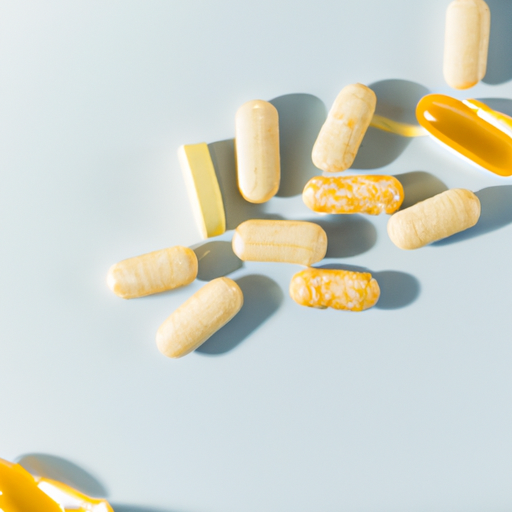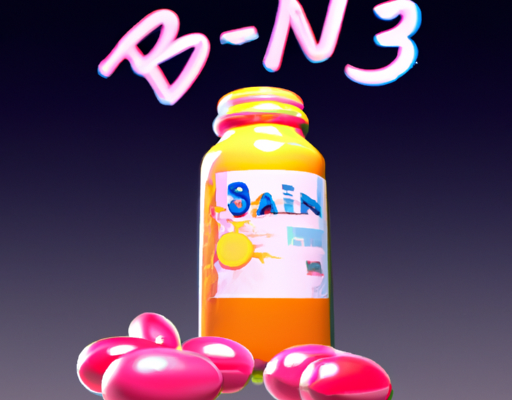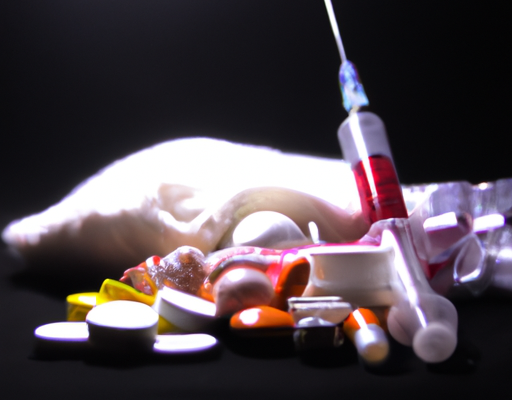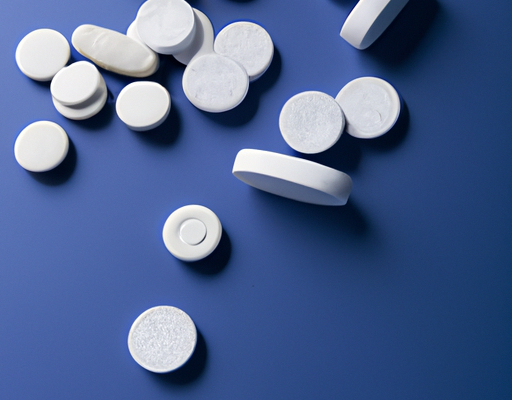Definition of breakout
Breakouts on the skin can be a sign of a variety of things, including changes in hormones and stress levels, but they can also be a sign of poor health. A breakout on the skin occurs when there are too many dead skin cells and oil, which creates a clogged pore that is then infected by bacteria. This can cause redness, swelling and pain, and often results in the formation of pimples, blackheads and whiteheads. Breakouts can be caused by anything from poor hygiene to an unhealthy diet and lack of exercise. It’s important to pay attention to the types of breakouts that one experiences, as they can be a warning sign of an underlying health issue. Consulting a doctor can help to identify the health issue and get it treated.
Causes of breakout
Having a breakout can be a very frustrating experience. It can be especially difficult when you don’t know what is causing it. Breakouts can be caused by a variety of factors, including health. Many health conditions can lead to breakouts, such as hormonal imbalances, allergies, and even stress. Hormonal imbalances, in particular, are often associated with breakouts. For example, an excess of androgens can cause an increase in sebum production, which can then lead to clogged pores and breakouts. Allergies can also lead to breakouts, as they can cause the skin to become inflamed and irritated. Lastly, stress can also be a factor in breakouts, as it can lead to a weakened immune system and an inability to fight off bacteria that causes breakouts. It is important to identify the cause of any breakouts in order to properly treat them.
Types of breakouts
Breakouts can occur anywhere on the body and often have different meanings depending on the area they appear. One of the most common areas of breakouts is on your skin. Skin breakouts are commonly caused by hormonal imbalances and can be a sign of poor health. For example, your face is very sensitive and can react to changes in your diet, sleep, stress level, and hormone balance. When you have breakouts on your face, it’s usually a sign that something is off in your health, and you should take a closer look at your lifestyle and diet. Other areas of the body can also experience breakouts and could be a sign of an underlying health issue that needs to be addressed. For example, breakouts on the chest or back could be a sign of a vitamin deficiency. If you have breakouts in areas other than your face, it’s important to consult with a doctor to determine the cause and find an appropriate treatment plan.
Acne
Acne is one of the most common skin conditions and is a source of great distress for many people. It can appear as a result of a range of causes, including hormonal changes, stress, genetics, and even a buildup of bacteria on the skin. While it’s a natural part of growing up for many, it can still be uncomfortable and frustrating to deal with. Fortunately, there are treatments available to help reduce the frequency and severity of breakouts, from topical creams and cleansers to laser therapy and even dietary changes. No matter the cause, understanding your own skin and the triggers for your breakouts can help you find the best treatment for your unique situation.
Cystic acne
When it comes to health, many people suffer from cystic acne. Cystic acne is a severe form of acne that develops deep beneath the skin’s surface, leading to large, red, and painful bumps. It is most common amongst those in their teenage years, but can affect people of any age. Cystic acne can be difficult to treat, usually requiring a combination of lifestyle changes, topical treatments, and even prescription medications. It is important to visit a doctor if you are suffering from cystic acne, as they can provide the best advice on treatment. Cystic acne can be more than just a physical issue, causing issues with self-esteem and social anxiety as well. It is important for those suffering from cystic acne to seek out the help and support of their friends and family, as well as a medical professional, to help manage the condition in the best way possible.
Hormonal acne
Your skin health is something that deserves attention. Hormonal acne is one of the most common forms of breakouts. It is typically caused by an increase of testosterone and other androgens, which can be due to stress, hormonal fluctuations in puberty, or even polycystic ovarian syndrome. Hormonal acne usually presents around the chin and jawline in the form of red cystic bumps, blackheads, or whiteheads. Keeping your skin clear of excess oil, drinking plenty of water, and maintaining a balanced diet can help to reduce breakouts, as can avoiding harsh topical products, especially alcohol-based toners. If your breakouts persist, your doctor may suggest a course of treatment, such as oral contraceptives, which can help to balance your hormones.
Allergic reactions
For those with allergies, breakouts can be an uncomfortable and embarrassing issue to deal with. Allergic reactions are usually caused by a combination of environmental factors and genetics, such as pollen, pet dander, dust, insect bites, certain medications, and certain foods. When an allergen contacts the sensitive skin, it can cause the skin to become inflamed, leading to the dreaded redness, itching, and even hives. To reduce the risk of an allergic reaction, it is important to identify and avoid any known allergens. A doctor can also provide medications and other treatments to help reduce breakouts. In addition, proper skin care and a healthy diet are key to preventing breakouts of any kind.
Folliculitis
Folliculitis is a type of skin disorder that affects the hair follicles. The most common cause of folliculitis is bacteria that invade the hair follicles and cause inflammation. Symptoms of folliculitis include small bumps on the skin near a hair follicle, redness and swelling, itching, burning, and tenderness in the affected area. Folliculitis can be caused by a variety of things, such as shaving too closely, wearing tight clothing, and sweating in hot, humid weather. It is important to take preventative measures to reduce the risk of getting folliculitis, such as keeping the skin clean, using a mild soap, and avoiding tight clothing. If you suspect you may have folliculitis, it is important to see a doctor for proper diagnosis and treatment. While folliculitis may not be life-threatening, it can cause discomfort and embarrassment in social situations, so it is important to take it seriously and get prompt medical attention.
Rosacea
Rosacea is a relatively common and treatable skin condition which many people are affected by. It is characterized by excessive redness and inflammation in the face, along with pimples, visible blood vessels and small bumps that look like acne. Rosacea is believed to be an inflammatory disorder and is caused by a number of environmental and hereditary factors, such as the presence of certain bacteria and mites, genetics and family history, sensitivity to sunlight, and long-term stress or anxiety. Although the condition is relatively mild for most people, it can cause severe psychological distress and create a sense of self-consciousness or embarrassment. Fortunately, Rosacea is highly treatable with proper skin care and lifestyle changes. Proper skin care includes use of gentle cleansers and moisturizers, as well as avoiding harsh products, fragrances and artificial colors. Eating a nutritious, balanced diet and avoiding alcohol, caffeine and spicy foods are also important, as is limiting sun exposure and using SPF 30 or higher sunscreen. In some cases, antibiotics and other medications may be prescribed for more severe outbreaks. By following these steps, many people with Rosacea can achieve and maintain clear, healthy skin.
Treating breakouts
Having breakouts can be bothersome and embarrassing. It can also be a sign that something is not quite right with your body. Understanding why breakouts occur and taking the steps to properly treat them can help restore balance and bring relief. Breakouts can be caused by stress, hormones, poor diet, poor hygiene, or even genetics. Whatever the cause, it’s important to treat breakouts properly to prevent them from worsening or reappearing. The best way to treat breakouts is to start with a healthy lifestyle. Eating a balanced diet, washing your face daily, and getting enough sleep are all essential elements to preventing breakouts. If needed, a dermatologist can recommend a topical cream or medication to help clear up the breakouts. If breakouts are caused by hormones, birth control or other medications can help regulate the hormones and reduce breakouts. In addition to lifestyle changes, visiting a dermatologist can help you determine the exact cause of the breakouts and develop a plan to treat them.





No Comments